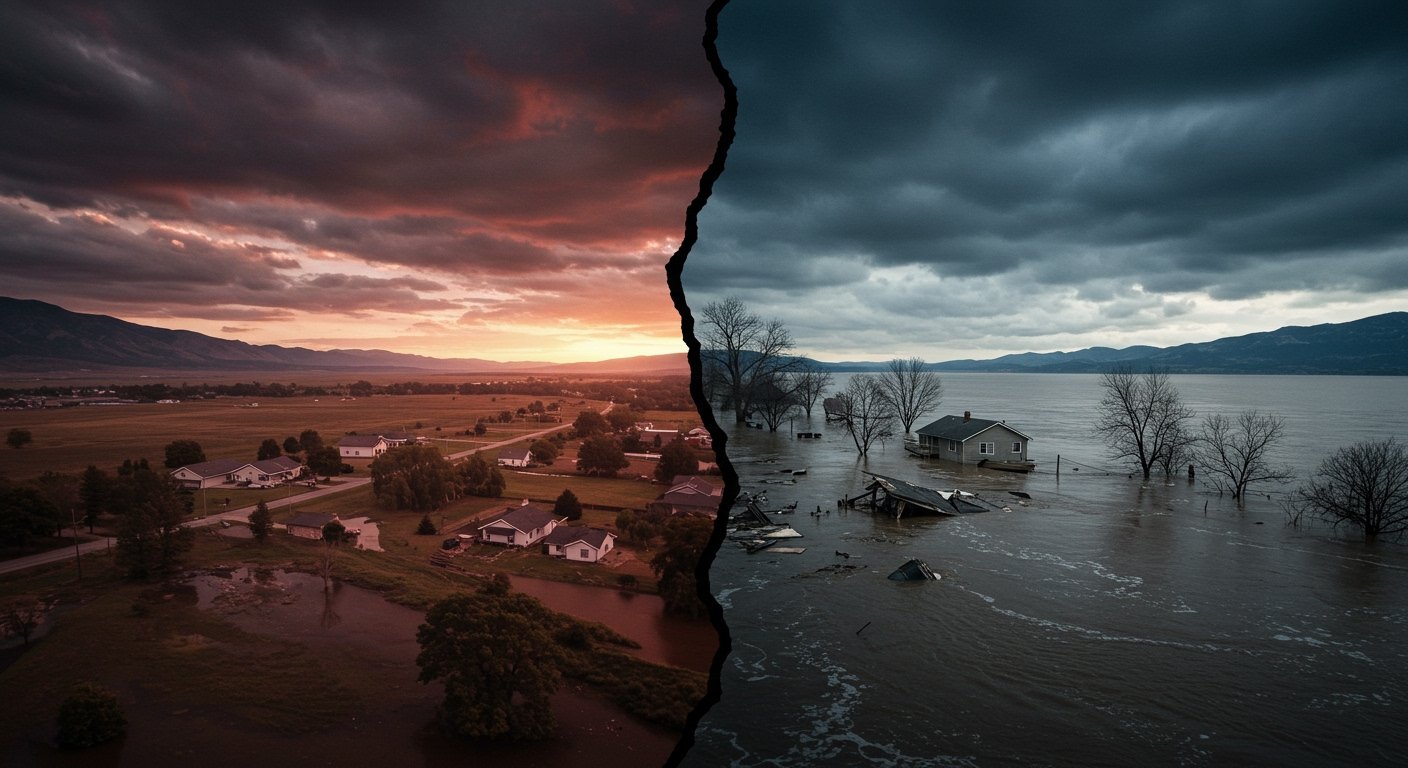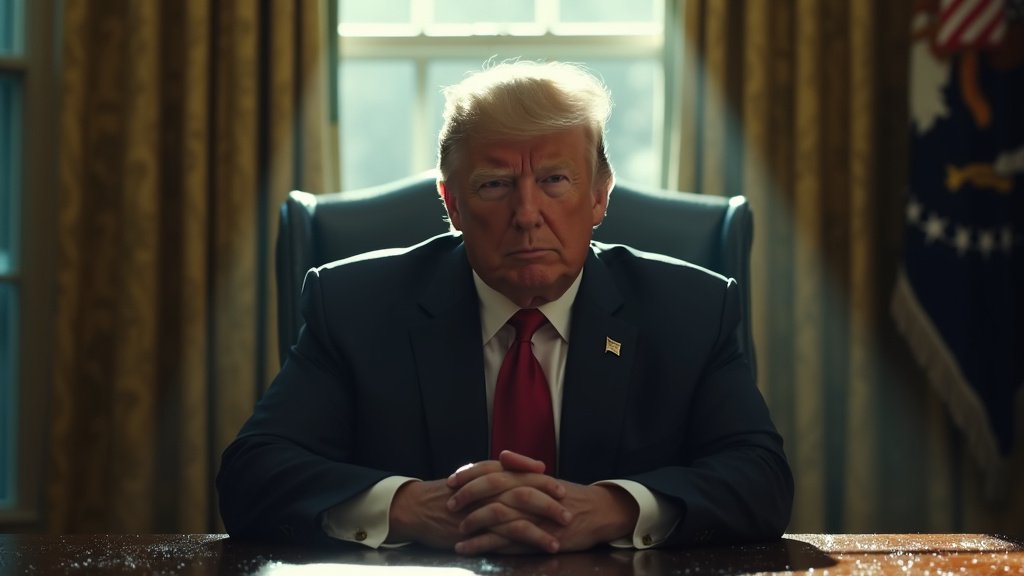President Donald Trump has signaled an expansion of his controversial use of federal forces, threatening to deploy troops to more Democratic-led cities, including Chicago and New York, mirroring actions taken in Washington D.C. amidst widespread civil unrest. These pronouncements have drawn sharp criticism from Democratic leaders, who accuse the President of manufacturing crises and overstepping constitutional boundaries.
Escalating Federal Intervention
Following the deployment of National Guard and federal law enforcement to Washington D.C. in response to protests that followed the killing of George Floyd, President Trump publicly identified Chicago and New York as potential next targets for federal intervention. The administration’s approach, widely seen as an extension of Trump’s “law and order” campaign, has raised alarms among local and state officials in these cities. The President has repeatedly stated that cities with Democratic leadership are failing to control crime and unrest, and that federal intervention is necessary to restore order.
Legal and Constitutional Debates Emerge
The President’s authority to deploy federal troops domestically is a subject of intense legal and constitutional debate. While Trump has cited various legal frameworks, including Title 32 for National Guard deployments and executive orders for federal property protection, critics point to the Posse Comitatus Act and the Insurrection Act as significant legal limitations. Legal experts and Democratic officials argue that deploying troops for domestic law enforcement without clear consent from state governors or in response to situations not defined as insurrections is a violation of established law and the Constitution. Some governors, such as Illinois Governor J.B. Pritzker and Maryland Governor Wes Moore, have explicitly stated that no emergency exists warranting such federal action and have rejected the notion of federal troops being sent into their states against their will. The deployment in Los Angeles faced a legal challenge, highlighting concerns that such actions could violate the Posse Comitatus Act, which generally prohibits the military’s use in civilian law enforcement roles.
Political Motivations and Criticisms
Critics contend that President Trump’s threats are politically motivated, aimed at galvanizing his base during a period of heightened national tension. House Minority Leader Hakeem Jeffries accused the President of “playing games with the lives of Americans” and attempting to “manufacture a crisis.” Mayors of targeted cities, like Chicago’s Brandon Johnson, have voiced strong opposition, calling such deployments “uncoordinated, uncalled-for, and unsound” and a potential “military occupation.” They argue that these actions could exacerbate tensions and undermine existing public safety efforts, pointing to declines in crime rates in some of the cities Trump has singled out. The strategy is seen by some as an attempt to project strength and distract from other pressing national issues.
Impact on American Cities and Civil Liberties
The potential for expanded military presence in American cities raises significant concerns about civil liberties, federalism, and the militarization of domestic policing. The deployment of troops, some of whom have been authorized to carry firearms, into urban environments is viewed by many as a departure from democratic norms. Civil rights advocates have warned of the potential for overreach and the erosion of trust between communities and law enforcement. The American political landscape is increasingly grappling with the implications of federal power wielded in this manner, particularly in cities with majority-minority populations and Democratic leadership, fueling a national news cycle about the balance between federal authority and local control.
As the situation unfolds, the nation watches to see if President Trump will proceed with further deployments, potentially triggering more legal battles and deepening political divisions across the American political spectrum.












